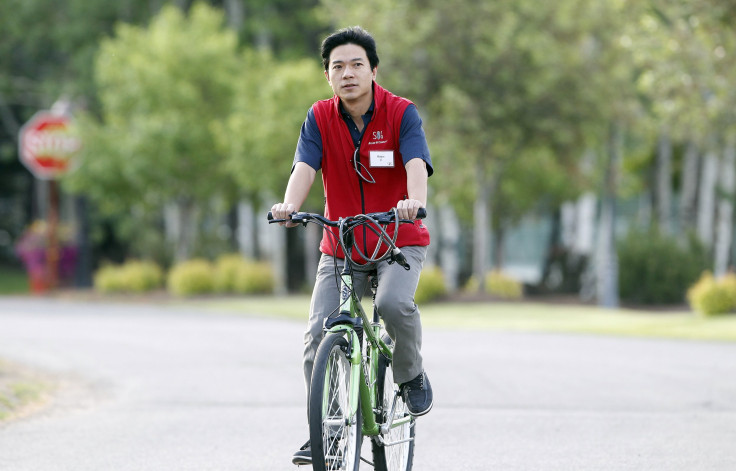Baidu Developing 'Autonomous' Car With Rumors Of Self-Driving Bike Circulating; Chinese Search Giant Follows Google Driverless Car Plan

China’s Baidu search engine, widely known as "China's Google," said the company is working on a car that aims to assist, not replace drivers, in contrast to Google Inc.'s pet project -- a self-driving car.
Baidu confirmed Friday that, like Google, it's trying to reinvent the way people drive. In May, Google Inc. (NASDAQ:GOOGL) provided the media rides in the latest iteration of its driverless car, a pet project of co-founder, Sergey Brin. Google's five-year-old self-driving car remains in test mode and features an emergency red stop button instead of a steering wheel or foot pedals -- software and sensors replace those. It's an uphill climb to commercialization, with plenty of unanswered questions and challenges along the way, including the high cost of technology, how the vehicle would perform in bad weather and its vulnerability to hackers, who might reprogram a car's route.
"Among the big questions are, who is responsible if there's an accident? It will cause us to rethink how we insure our transportation networks, much like (ride-sharing service) Uber is already doing," Susan Shaheen, co-director of the Transportation Sustainability Research Center at the University of California-Berkeley, one of three automotive and urban planning experts on hand, for Google's test drive in May, told USA Today.
Kai Yu, vice director of Baidu Research and head of the Baidu Institute of Deep Learning, told The Next Web that his company plans to keep drivers in control, albeit with some extra help. “Philosophically we have a fundamental difference to look at this type of thing," he said. "I think in the future, a car should not totally replace the driver but should really give the driver freedom.”
Baidu said in May that it was developing a smart car, although the first prototype isn’t expected to be produced until sometime in 2015. The car is expected to have a steering wheel as well as gas and brake pedals.
“Freedom means the car is intelligent enough to operate by itself, like a horse, and make decisions under different road situations," Yu said. "Whenever the driver wants to resume control, you can do that. It’s like riding on a horse, rather than just sitting in a car where you only have a button.”
In addition to developing a smart car, Baidu is also said to be developing self-driving bicycles that could help riders weave through crowded busy streets in Shanghai or Beijing, or even Los Angeles. Earlier this year, Baidu hired Andrew Ng to lead an artificial intelligence laboratory in Silicon Valley, where teams are working on a new method of “machine learning” that relies on speech recognition, computer vision and natural-language processing, according to New Scientist magazine.
Google left China in 2010, citing censorship issues, and some say artificial intelligence design is Baidu's best hope of competing with Google.
“Advanced artificial intelligence technology is the force that powers the Internet,” Ng told the magazine.
© Copyright IBTimes 2024. All rights reserved.





















